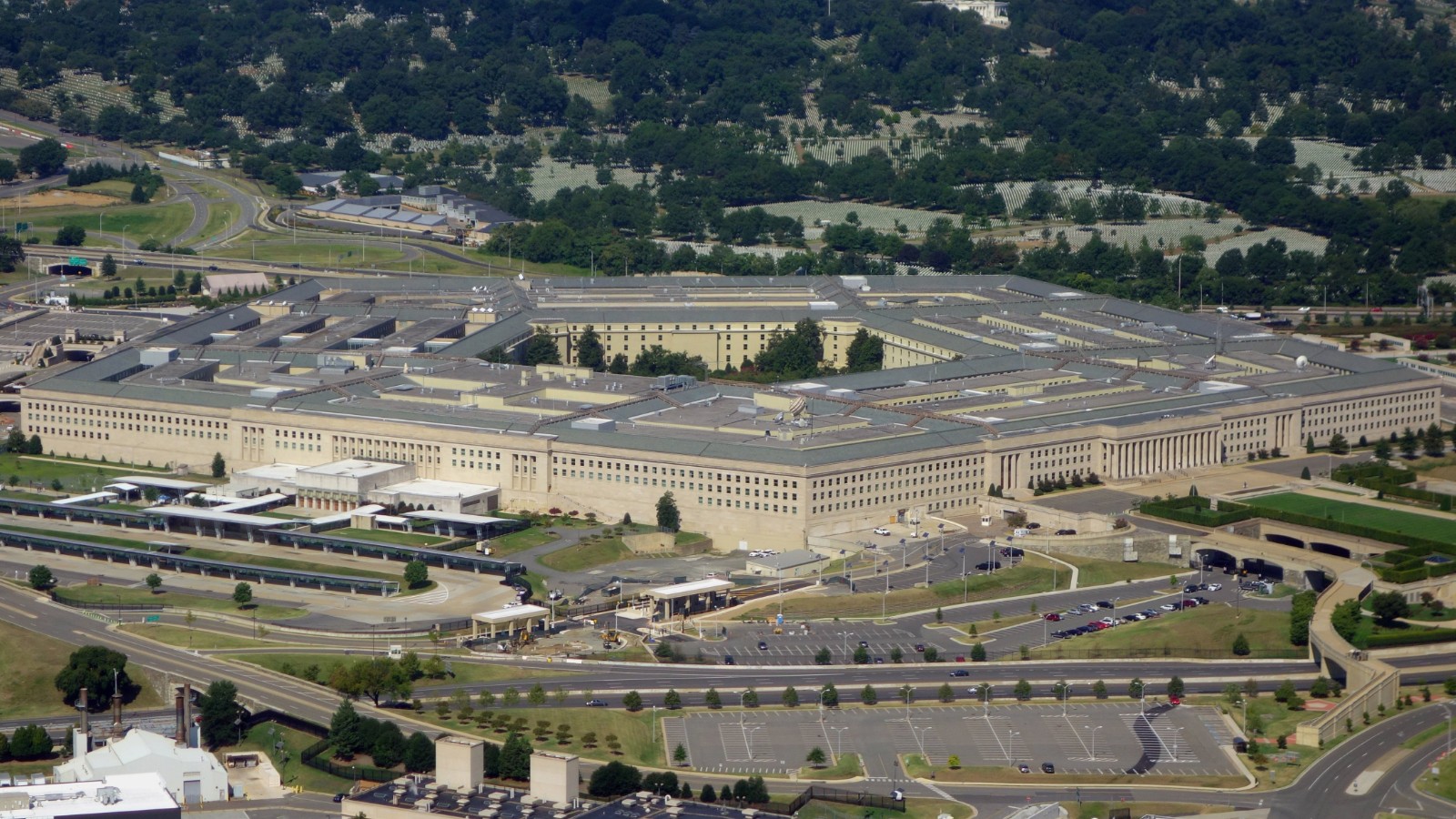
"We spent approximately $406 million on audit remediation and $153 million on financial system fixes," the Department of Defense's statement on the audit read.
Several organizations -- including the Amy, Navy, Air Force, Marine Corps, the Defense Logistics Agency, US Special Operations Command and US Transportation Command -- received "disclaimers," which "means they have multiple issues that need to be fixed," the statement said.
The problems centered on inventory accuracy, property and compliance pertaining to cybersecurity.
"We failed the audit but we never expected to pass it," Deputy Secretary of Defense Patrick Shanahan told reporters at the Pentagon on Thursday.
"Show me next year it takes less to audit and you have fewer findings, that's what I'd want to see," Shanahan added.
The audit itself cost an additional $413 million, with $192 million of that paid to independent public accounting firms like Ernst & Young and KPMG, and the remainder covering government costs to support the audits.
While they would not say how much money solving the problems identified by the audit would save, defense officials did say that it should cover the cost of the audit.
The Defense Department describes the audit as "the largest audit ever, covering $2.7 trillion in assets and $2.6 trillion in liabilities."
Approximately 1,200 auditors conducted 900 site visits at over 600 locations, including military bases, depots and warehouses, according to the Pentagon.
Those auditors said they found no evidence of fraud and were able to account for the existence and completeness of major military equipment.
Despite pressure from some members of Congress, the Defense Department had historically pushed back on the notion of doing an audit, arguing the Pentagon was too large for a traditional audit. All other federal agencies were subject to audits.
However, the Defense Department then agreed to the audit, announcing it in December 2017. It was seen as necessary to help bring about an increase in funding for the military.
"Congress directed DOD to conduct this audit to better manage the resources we dedicate to national defense. The process is an opportunity to find problems and identify areas for future reform," said Republican Rep. Mac Thornberry of Texas, the chairman of the House Armed Services Committee, in a statement.
"As expected, this audit has uncovered a number of matters that Congress and the Pentagon must work together to address," Thornberry added, saying. "It should not be used as an excuse for arbitrary cuts."
A congressional aide told CNN the audit report may have the impact of underscoring readiness issues.
For example, if there are fewer weapons in inventories than previously thought, that could change the readiness calculation. Also, if it is determined that there are buildings and facilities on the books that are long gone, that might reduce enthusiasm for a new round of base closures.
Bagikan Berita Ini














0 Response to "Pentagon spends $500 million to fix problems found in audit"
Post a Comment